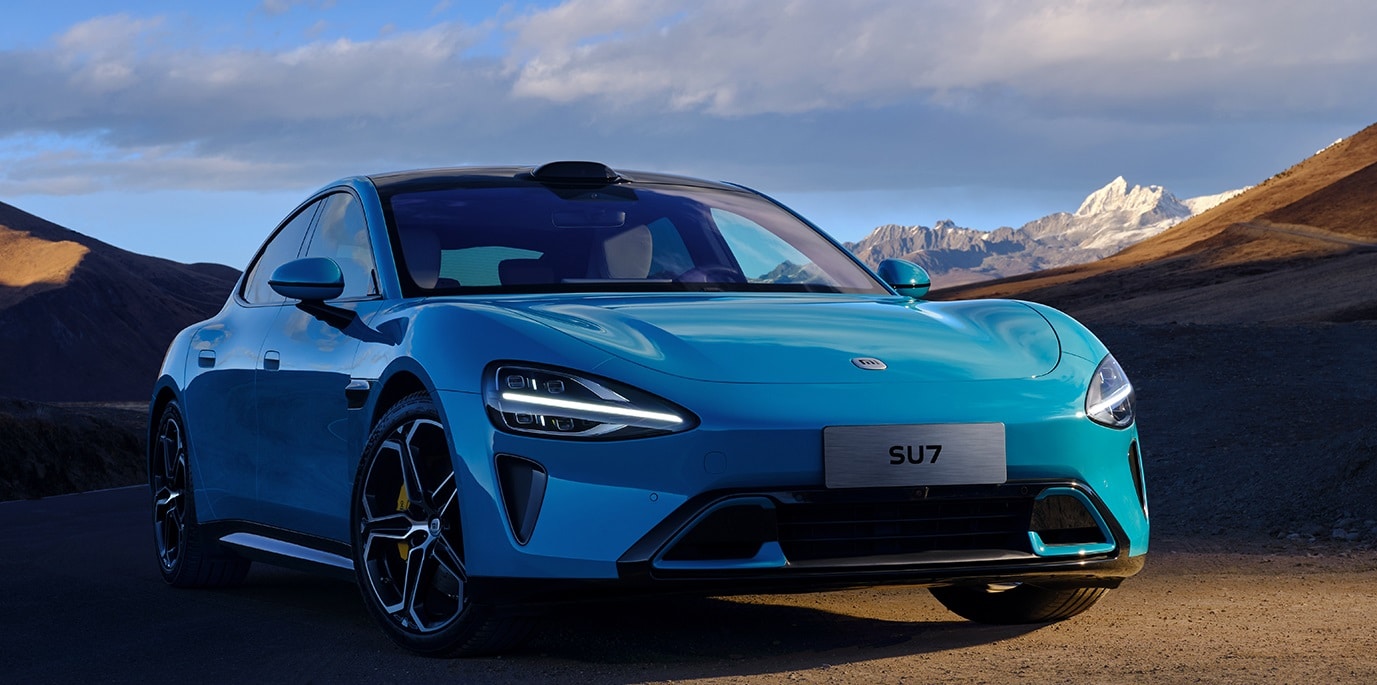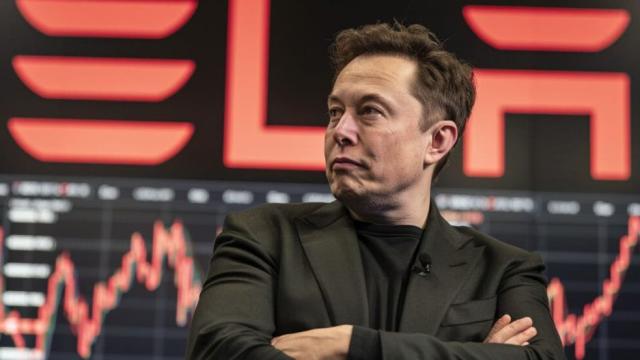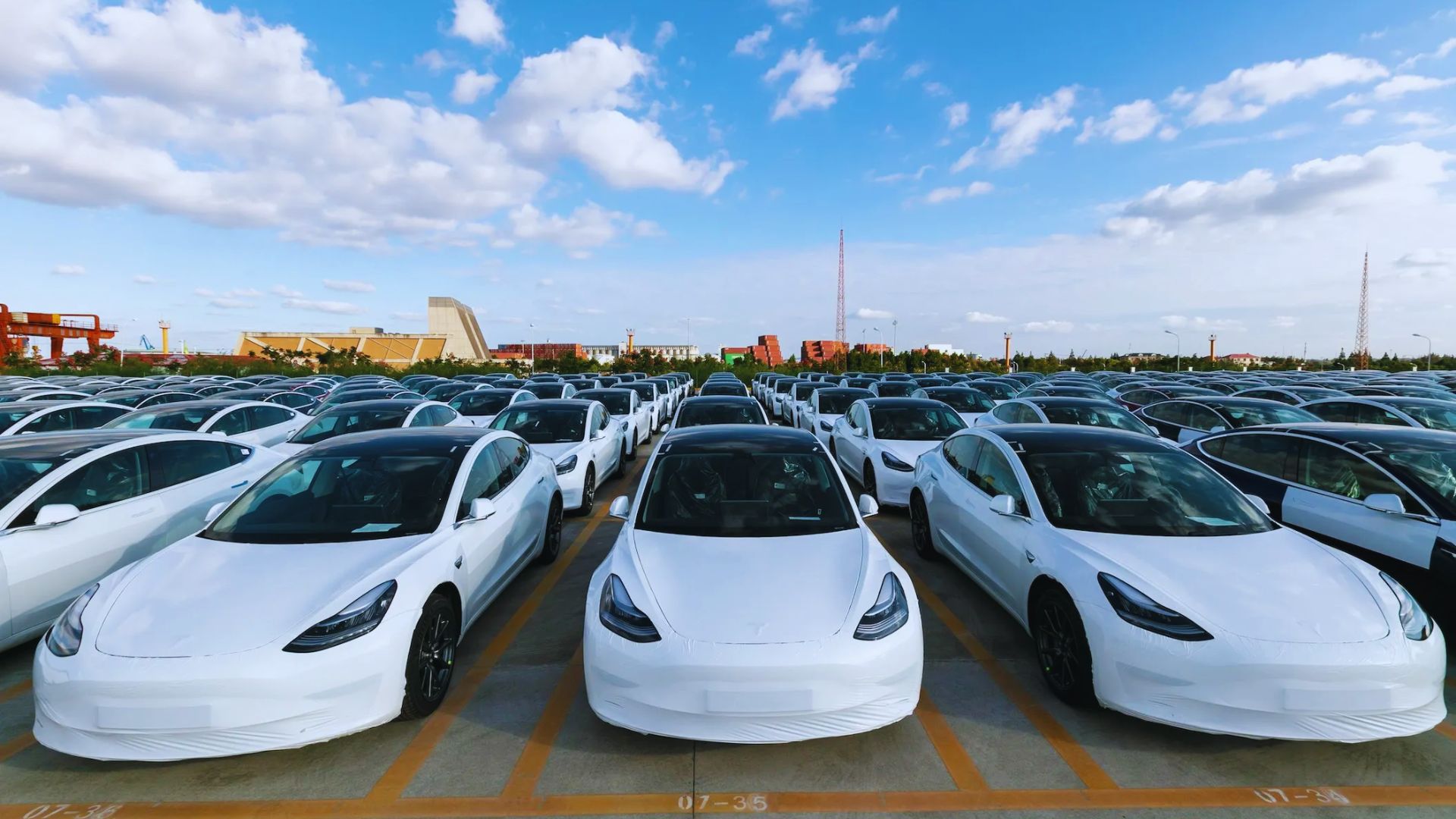Xiaomi enters the electric vehicle market, directly challenging Tesla with its innovative Xiaomi SU7 model.
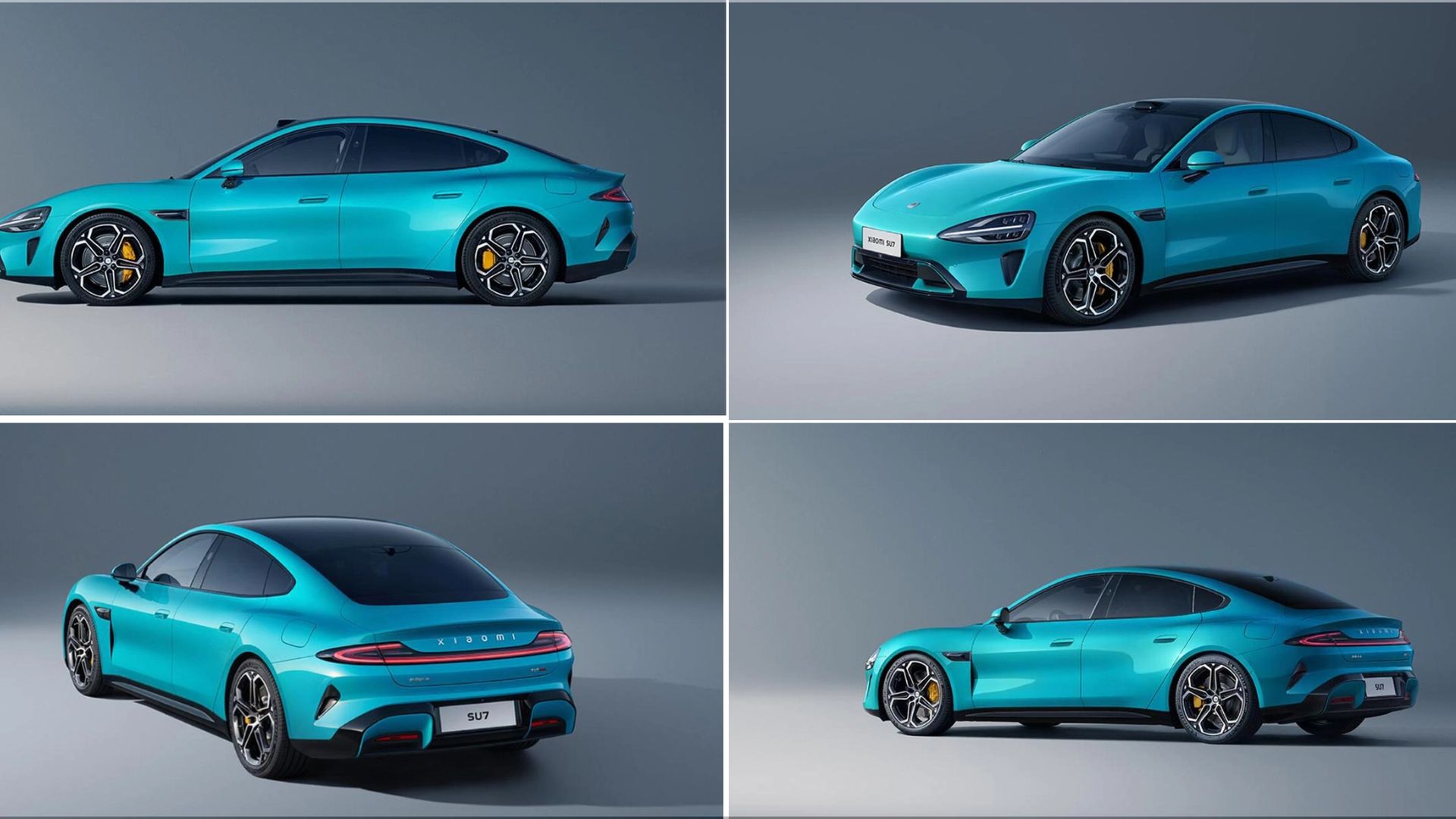
Xiaomi, a titan in consumer electronics, is now venturing into the electric vehicle (EV) arena, positioning itself as a formidable challenger to Tesla, the current industry leader.
With the introduction of the Xiaomi SU7, the company promises cutting-edge technology and performance, potentially reshaping the competitive landscape. This move marks a significant shift in Xiaomi’s strategy, directly targeting Tesla’s dominance and signaling a new era in the EV market.
Xiaomi’s Entry into Electric Vehicle Market
Chinese consumer electronics giant Xiaomi announced its venture into the electric vehicle (EV) market with the Xiaomi SU7, a car model developed with an investment of over 10 billion yuan ($1.4 billion).
CEO Lei Jun revealed on the X social media platform (formerly known as Twitter) that the Xiaomi SU7 is currently in trial production and is expected to be released in the domestic market soon, although the price is yet to be finalized.
Features and Competitions
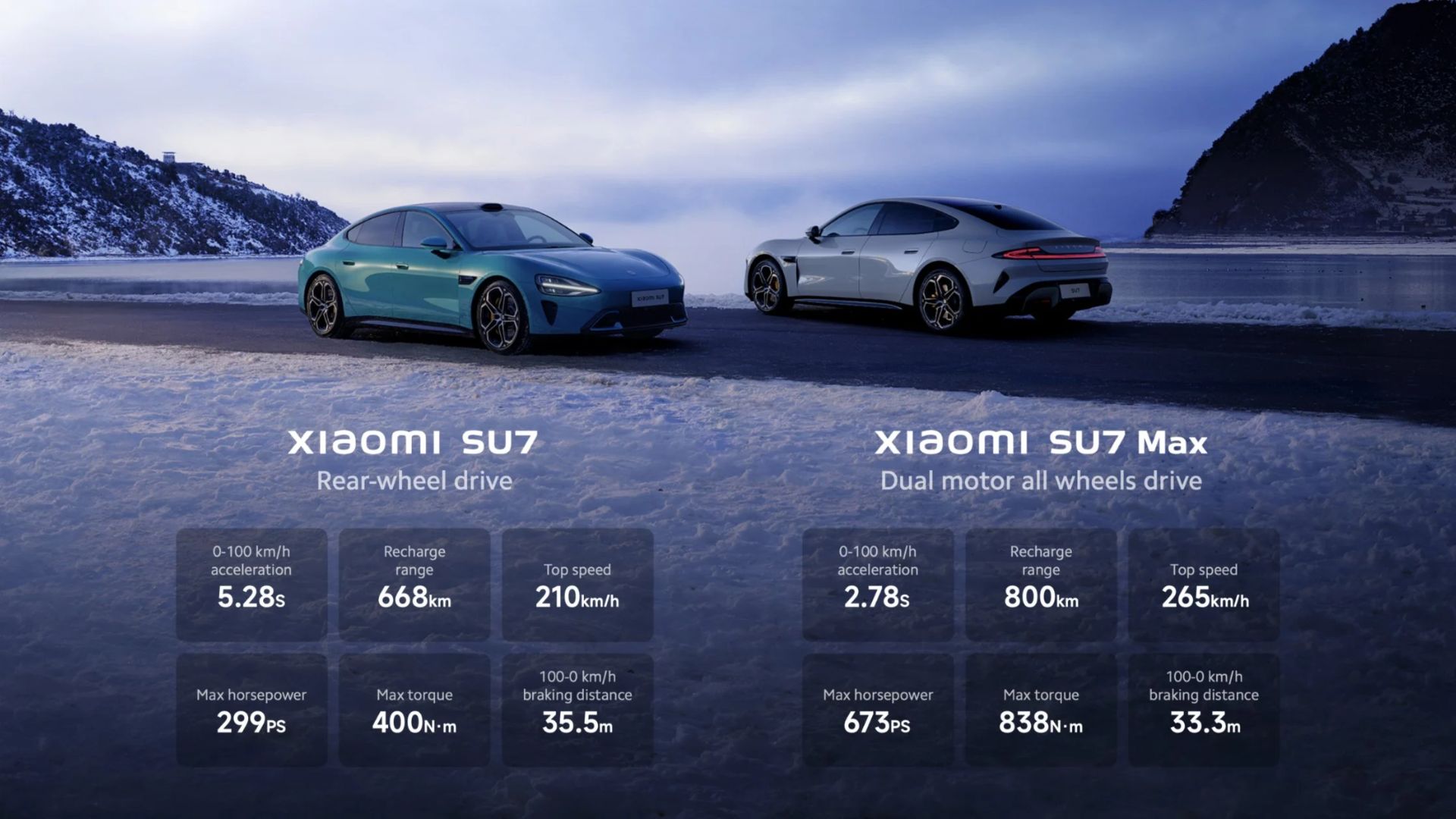
The Xiaomi SU7, pronounced “Sue Qi” in Mandarin, boasts superior acceleration and performance metrics compared to competitors like Porsche’s Taycan and Tesla’s Model S. Lei Jun, during a three-hour presentation, highlighted the car’s advanced features, including its potential in autonomous driving.
The design team, with experience from BMW and Mercedes-Benz, aims to position Xiaomi as an industry leader. Set to launch in 2024, the SU7 integrates seamlessly with Xiaomi’s smartphones and home appliances, supporting features like Apple’s iPhone, iPad, CarPlay, and AirPlay. The car has also been designed to exceed U.S. safety standards and ensure data privacy.
Market Positioning and Future Plans
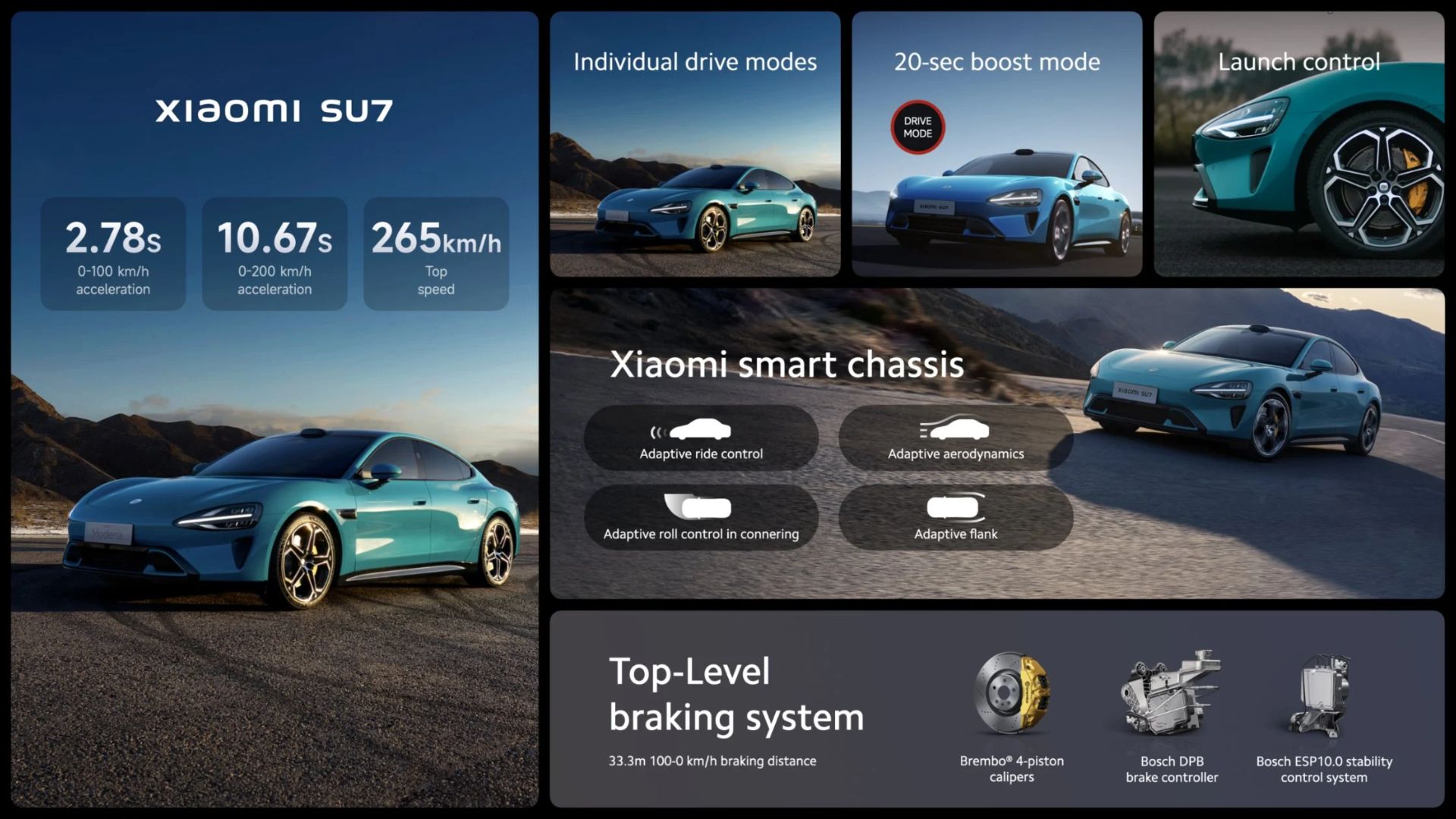
Xiaomi’s entry into the EV market aligns with the growing trend of electric vehicles in China, where the company seeks to leverage its reputation in smartphones and home appliances. The SU7 models, listed as tax-exempt new energy vehicles, offer a range of 628 to 800 kilometers.
Xiaomi, maintaining its innovative edge, has also introduced its flagship smartphone and smartwatch in colors matching the SU7 sedan. While the exact pricing of the SU7 remains undisclosed, it is anticipated to be a premium offering. The company’s commitment to the EV sector is further emphasized by its plans to invest 20 billion yuan in research and development in the current year, marking a significant increase from previous years.
Conclusion
Xiaomi’s ambitious entry into the electric vehicle market with the SU7 is a bold statement of intent, setting the stage for a high-stakes rivalry with Tesla. This strategic move could redefine industry standards and ignite a new wave of innovation, ultimately benefiting consumers with more advanced and diverse EV options.
